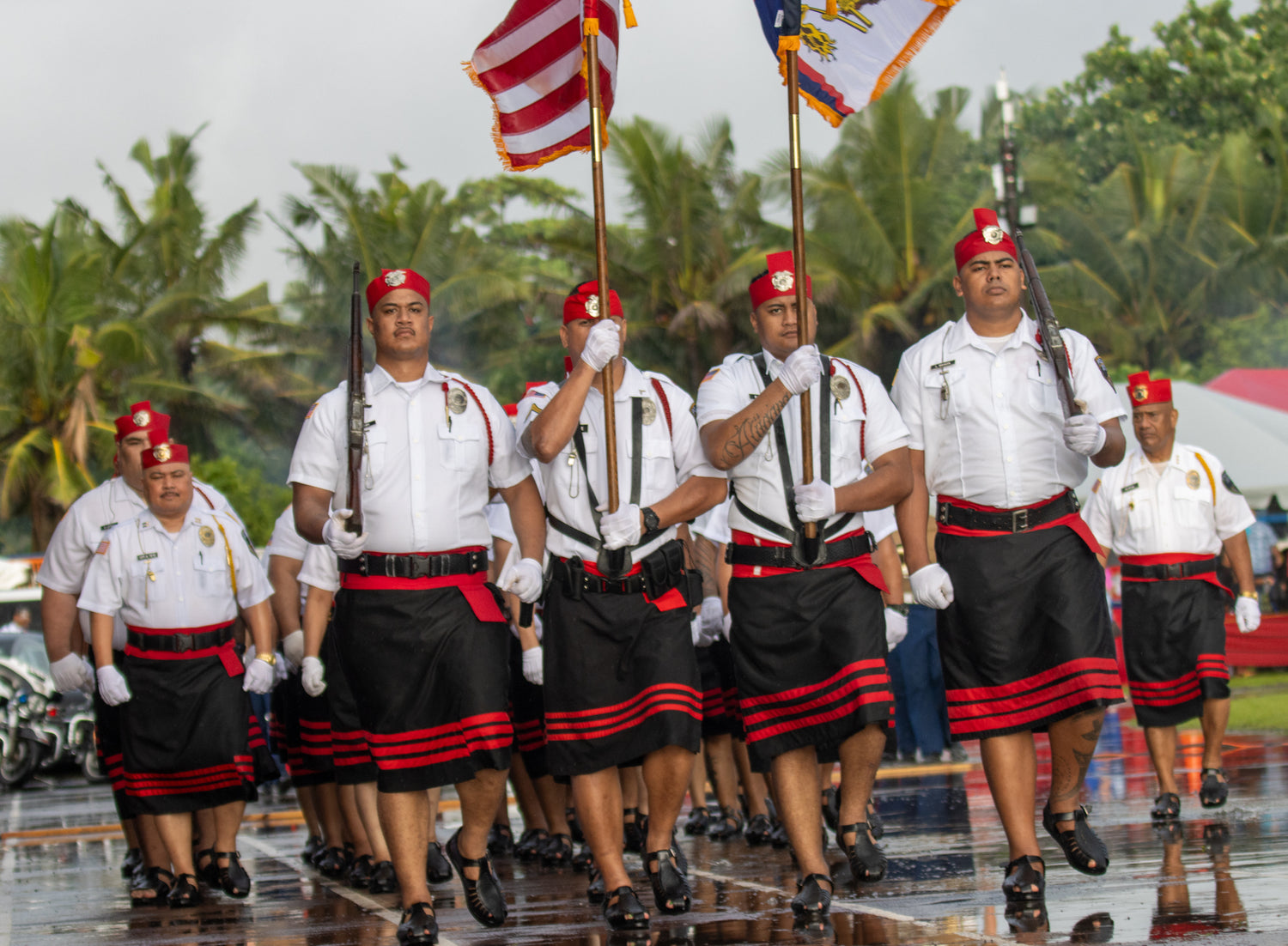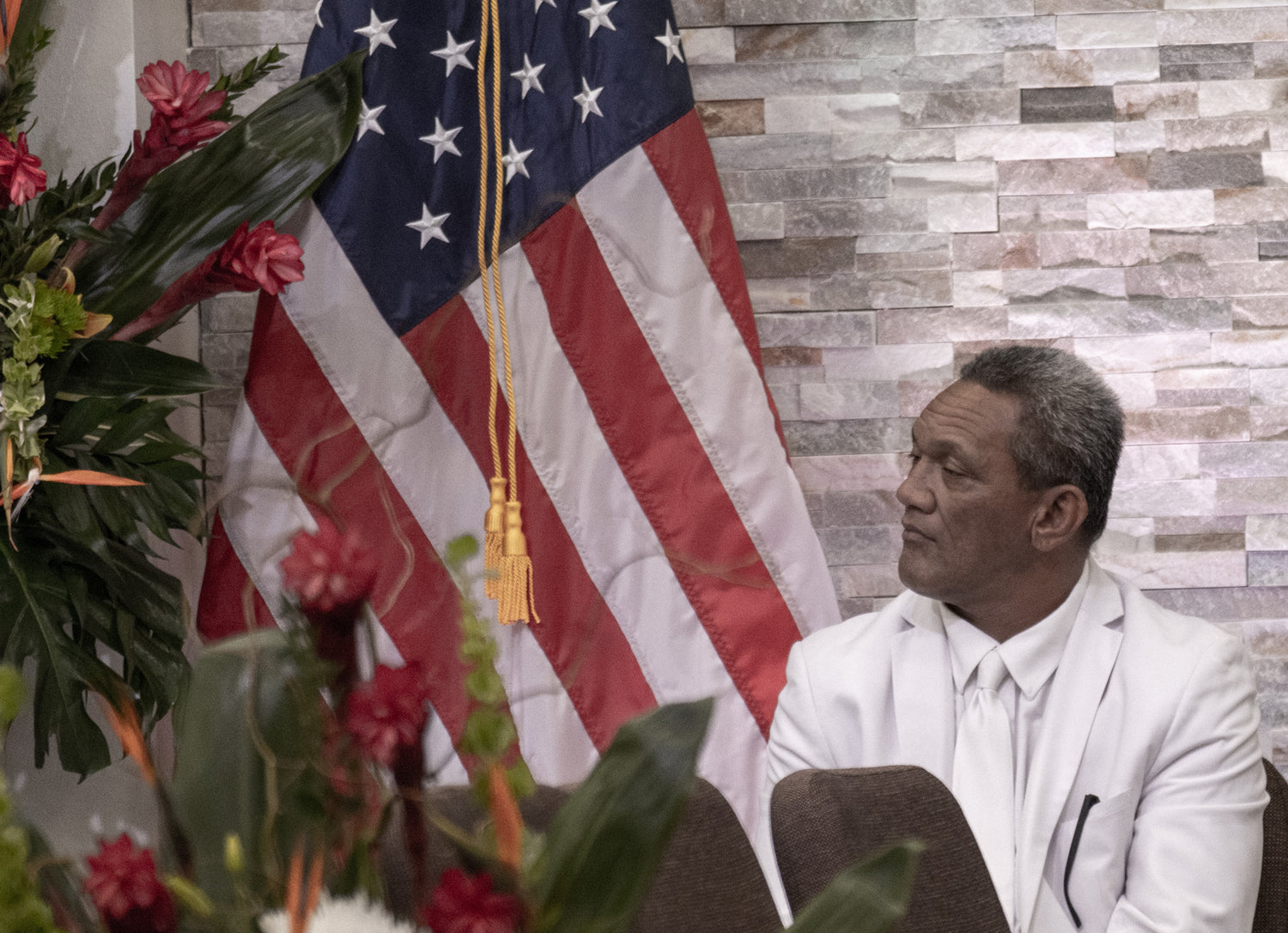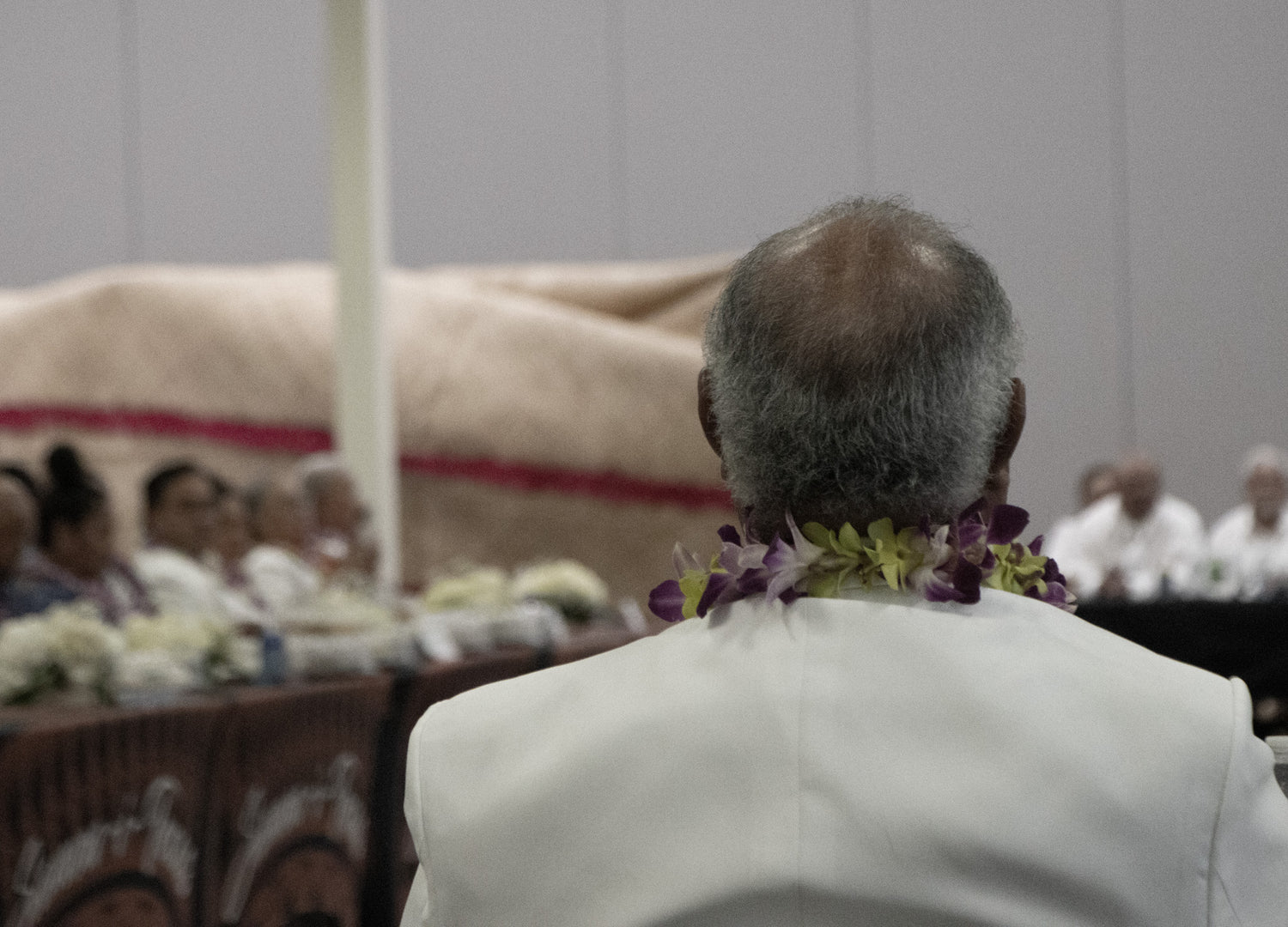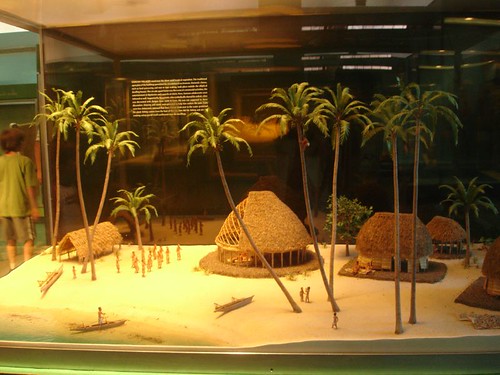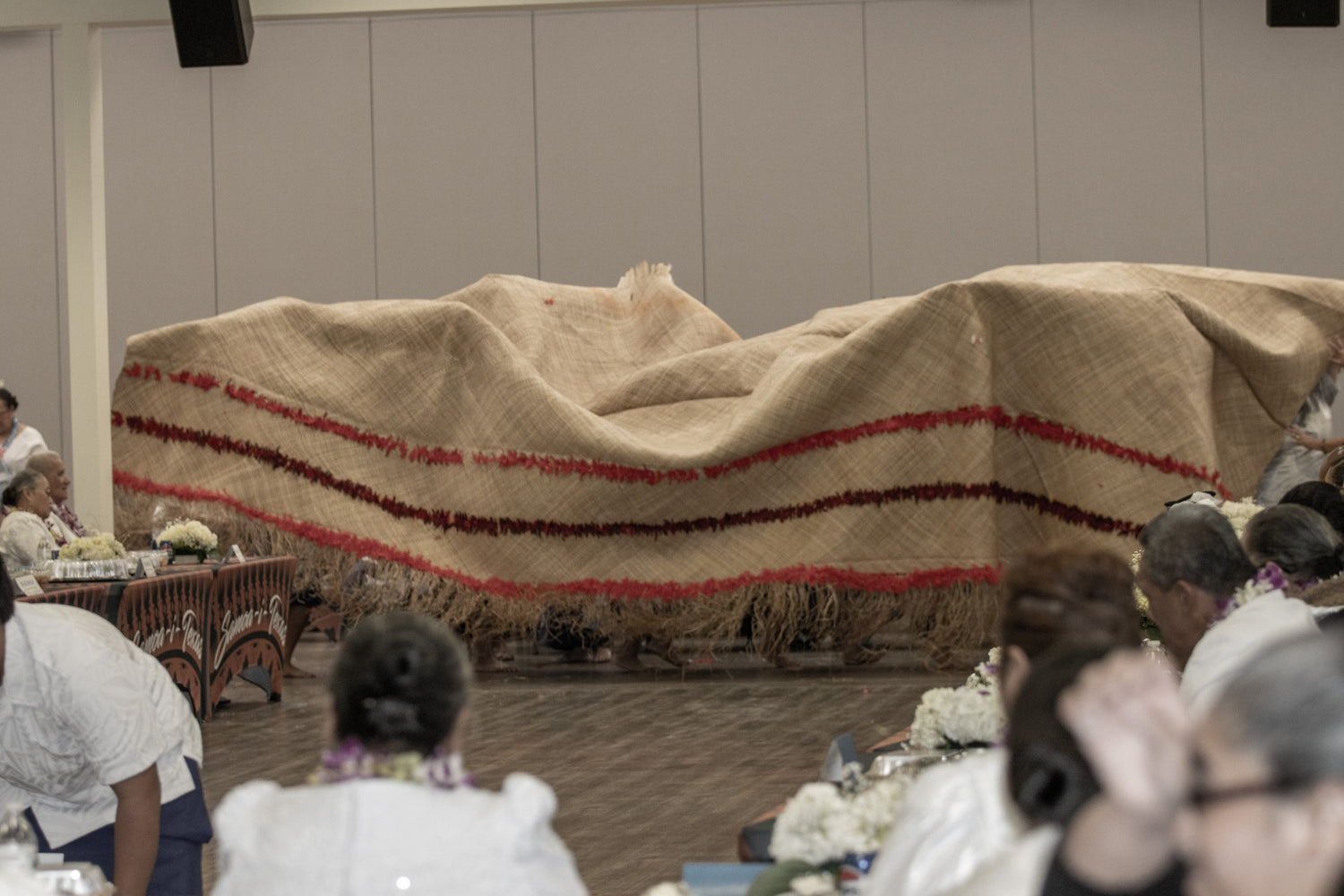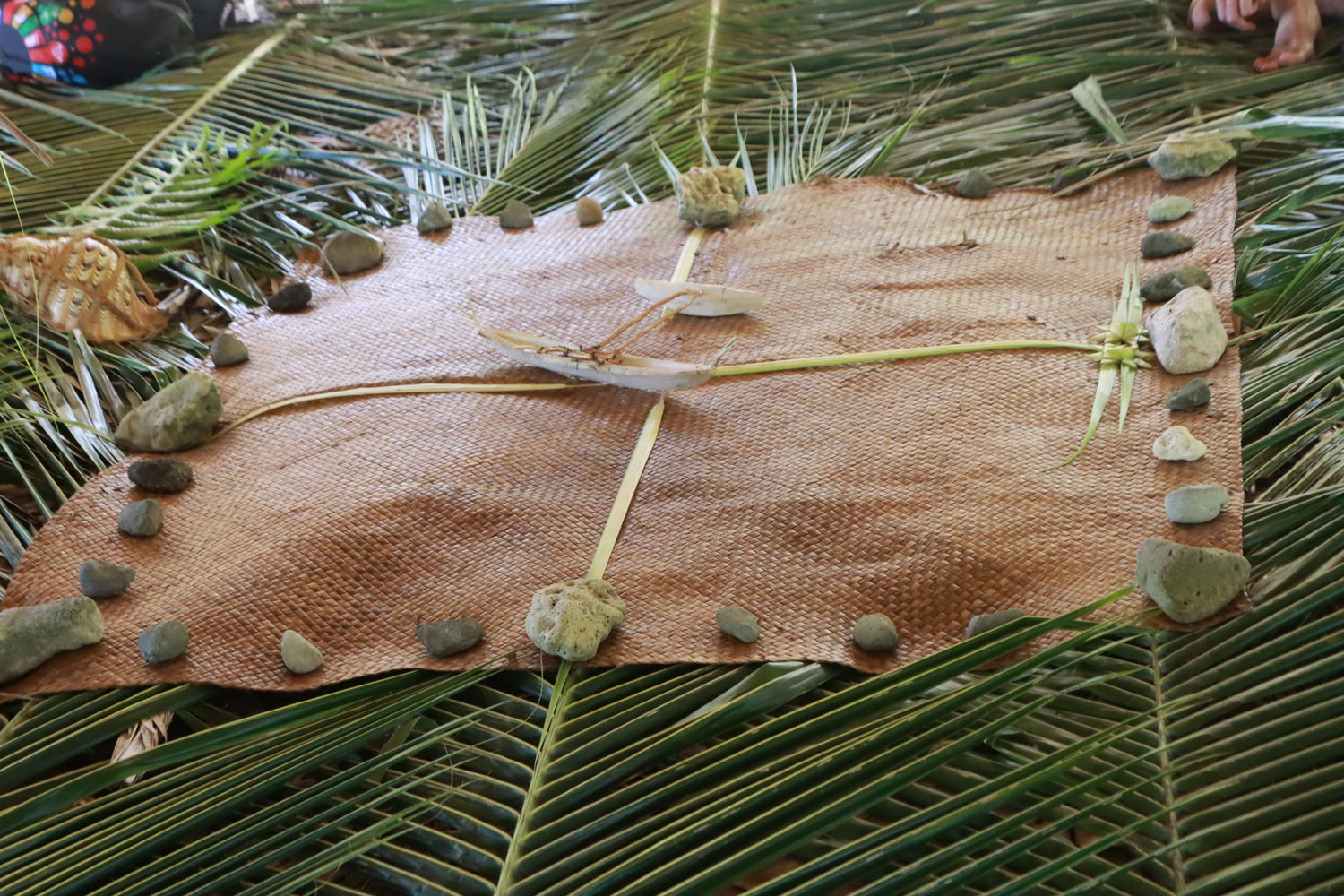Does the U.S. Constitution follow the Flag in American Sāmoa?
A critical look into American Sāmoa's unique political status and the ramifications of American constitutionalism on the political, economic, social, and cultural aspects of society in an Indigenous Territory
PROJECT DESCRIPTION
How does American Sāmoa citizenship (application of the Fourteenth Amendment) affect certain aspects of American Sāmoan society? This multi-part docuseries explores both the anomaly that is American Sāmoa and its political status and relationship to the United States. It is not fully a part of the U.S. as an “unincorporated” territory and, therefore, only certain parts of the Constitution apply to it, which is largely determined by Congress and the courts.
In this docuseries, various aspects of American Samoan[1] society are explored, especially in relation to how they are potentially impact by the agendas of the federal government, Samoan communities abroad, and outside groups.
To find out more about the components of this project, check out the following links below to the eight themes that will be explored.
[1] It is important to note the differences between the usage of “Samoan,” “American Samoan,” and “Samoan-American” in different contexts. “Samoan” can refer to Samoans as a people in general or it can refer specifically to those from the Independent State of Sāmoa, a sovereign country west of the U.S. territory of American Sāmoa. “American Samoan” can refer to the people of American Sāmoa and, more specifically, the Indigenous people of the Territory. “Samoan-American” can refer to Samoans living on the United States Continent or the Samoan experience as Americans. The nuances in these identities are important to distinguishing between various perspectives and experiences in different contexts.
-
OVERVIEW
Eight aspects of Samoan society are explored to interrogate the potential impacts on American Samoans, other U.S. territories, and Indigenous and marginalized peoples
- Political Status
- Land Rights
- Chiefly System
- Samoan Culture
- LGBTQAI+ Rights
- Healthcare
- Military
- Religion
-

1. POLITICAL STATUS
U.S. TerritoryAn examination of American Sāmoa's unique and ambiguous political status and relationship with the United States
-

2. LAND RIGHTS
Native LandHow does American Sāmoa enshrine the protection of Indigenous land rights in its local constitution? How might this be impacted by the U.S. Constitution?
-

3. CHIEFLY SYSTEM
FaʻamataiThe Faʻamatai - a system of hereditary chiefs. Do they constitute a "nobility" and would it be invalidated under the U.S. Constitution?
-

4. FAʻASĀMOA
Samoan CultureHow is language and culture preserved by traditional political and social structures? How does this relate to land tenure and heritage preservation?
-

5. LGBTQAI+ RIGHTS
Faʻafāfine RightsHow are faʻafāfine (LGBTQAI+ and transgender/queer) communities simultaneously tolerated in a socially conservative region and denied equal rights? .
-

6. HEALTHCARE
Health RightsAlthough American Sāmoa culturally leans to the right, its stance on healthcare and reproductive rights markedly differs from the United States Continent
-

7. MILITARY
Armed ForcesHaving the highest recruitment rate and casualty rate in the U.S. Armed Forces may show some of the greatest patriotism in the country, however, it doesn't necessarily mean equal treatment.
-

8. RELIGION
Church and StateBeing in the "Bible Belt" of the South Pacific challenges the relationship between church and state, as the lines are often blurred in the name of culture
